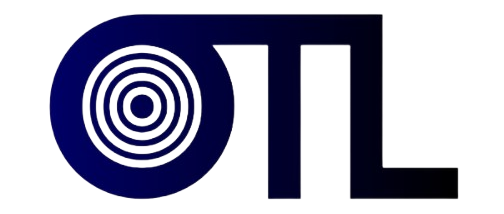The Unseen Forces at Play: An Examination of the Game’s House Edge and Odds of Winning
When it comes to games of chance, whether it’s a trip to the casino or a friendly game with friends, one thing is certain – the house always has an edge. But just how significant is this edge, and what are the wildwildsamurai.top true odds of winning? In this article, we’ll delve into the world of probability and explore the intricacies of the house edge, examining its effects on various games and the strategies players can employ to minimize it.
Understanding the House Edge
The house edge, also known as the built-in advantage or rake, is a fundamental concept in games of chance. It’s the percentage of each bet that the casino or game operator pockets as profit. This edge ensures that, over time, the house will always come out ahead, even if individual players experience short-term wins.
To illustrate this concept, let’s consider a simple example: a fair coin toss. In an ideal world, there would be no bias in the coin’s landing, and each outcome (heads or tails) would have an equal probability of 50%. However, due to manufacturing imperfections or other external factors, real-world coins may not be perfectly balanced. This slight bias gives one side a minuscule advantage over the other.
The house edge works similarly, albeit on a much larger scale. It’s the cumulative effect of numerous small advantages that make it difficult for players to overcome. For instance, in roulette, the wheel has 38 numbered pockets (including zero), making each bet slightly less likely to win than in a fair game with an equal number of red and black pockets.
Types of House Edges
The house edge varies across games and even specific variations within games. Here are some examples:
- Fixed-Odds Games : In fixed-odds games, like sports betting or poker, the odds are set by the bookmaker or operator. The house edge is a straightforward percentage that reflects the probability of winning.
- Variable-Odds Games : Variable-odds games, such as blackjack or craps, offer changing probabilities based on player decisions and external factors. In these cases, the house edge can fluctuate significantly.
- Games with a Built-In Edge : Some games, like slots or keno, have an inherent built-in edge due to their design. This edge is often higher than in other types of games.
Calculating the House Edge
To determine the house edge for a specific game, we need to consider several factors:
- Probability of Winning : The likelihood of winning each bet.
- Payout Structure : The amount paid out to winners relative to their bets.
- Number of Outcomes : The total number of possible outcomes in the game.
The house edge can be calculated using the following formula:
House Edge = (Expected Payout – Bet) / Bet
For example, let’s assume a roulette wheel has 37 numbered pockets (excluding zero). If you bet on red and win, you’ll receive a payout of even money (1:1). The probability of winning is 18/37 ≈ 0.4865.
House Edge = (1 – 0.4865) / 0.4865 ≈ 2.70%
Strategies for Minimizing the House Edge
While it’s impossible to eliminate the house edge entirely, players can employ various strategies to minimize its impact:
- Choose Games with a Lower House Edge : Opt for games like blackjack or craps, which have a lower house edge compared to slots or keno.
- Master Basic Strategy : Develop and adhere to optimal basic strategy techniques in card games like blackjack or poker.
- Manage Bankroll : Set limits and manage your bankroll effectively to minimize losses and maximize gains.
Conclusion
The house edge is an inherent aspect of games of chance, reflecting the built-in advantage that casinos and operators maintain. By understanding how this edge works and calculating its magnitude for specific games, players can make informed decisions about their bets and develop strategies to minimize its impact. While it’s impossible to eliminate the house edge entirely, being aware of its effects will help you navigate the world of gaming with a clearer understanding of the odds.
While individual wins may seem fortuitous, they’re actually just part of the game’s natural balance. The house edge is what keeps casinos and operators profitable over time.

